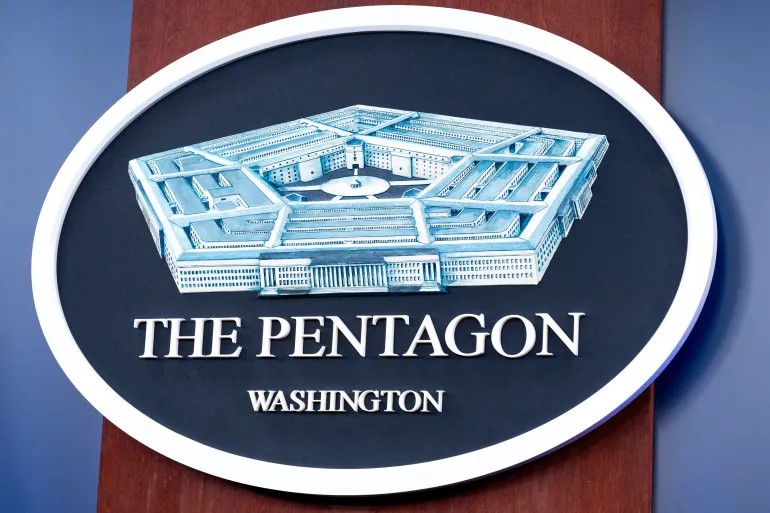
Reporting Restrictions by the Pentagon Are Opposed by News Organizations

 :
| Updated On: 14-Oct-2025 @ 3:53 pm
:
| Updated On: 14-Oct-2025 @ 3:53 pmSHARE
A group of major US news organizations, including The Washington Post, The New York Times, NPR, The Atlantic, and the conservative outlet Newsmax, have publicly refused to sign a new set of media restrictions from the Pentagon. This united stance marks a significant backlash from various members of the press, setting the stage for a direct conflict with the Defense Department over press freedoms.
The heart of the issue lies in the new rules imposed by the Pentagon. These regulations prevent journalists from accessing large parts of the military complex without an escort. They also allow the Pentagon to revoke press credentials for reporters who seek any information—classified or not—from anyone in the Defense Department without prior approval. Journalists argue this greatly limits their ability to report independently and conduct routine news gathering.
The news organizations are presenting their opposition as a defense of the First Amendment. Jeffrey Goldberg, editor-in-chief of The Atlantic, said the restrictions "violate our First Amendment rights and the rights of Americans who want to know how taxpayer-funded military resources and personnel are being used." Likewise, Matt Murray, executive editor of The Washington Post, stated that the rules "weaken First Amendment protections by imposing unnecessary limits on gathering and sharing information." Even Newsmax, generally supportive of the Trump administration, called the requirements "unnecessary and burdensome," suggesting that the policy's overreach has sparked a rare coalition across the media landscape.
In response, the Pentagon, through spokesman Sean Parnell, defends the policy as "common sense media procedures" vital for national security and troop protection. Parnell described the media's reaction as a "full-blown meltdown," explaining that the policy only requires journalists to acknowledge they understand the rules, not that they agree with them. He also accused some media members of "soliciting... service members and civilians to commit crimes," highlighting the confrontational stance of the Defense Department. This aggressive approach is exemplified by official Mr. Hegseth, who reacted to the refusals from major outlets with a dismissive gesture on social media, trivializing their concerns.
The immediate result of this standoff will be a sharp decrease in the Pentagon press corps. With many major outlets refusing to comply, the number of journalists at the Pentagon is expected to drop significantly in the coming weeks, directly affecting military coverage. This is part of a larger trend during Mr. Hegseth's leadership, which has included removing some outlets from shared workspaces and limiting reporter movement within the complex. While most major outlets are pushing back, One America News Network, another conservative channel, has agreed to sign the policy, highlighting divisions even among those typically supportive of the administration. Since the Pentagon has not shown any signs of reconsideration, this fundamental clash between press access and government control seems likely to continue.